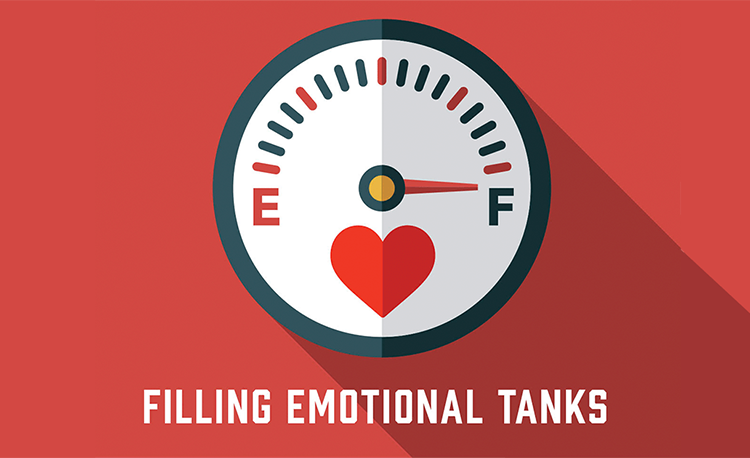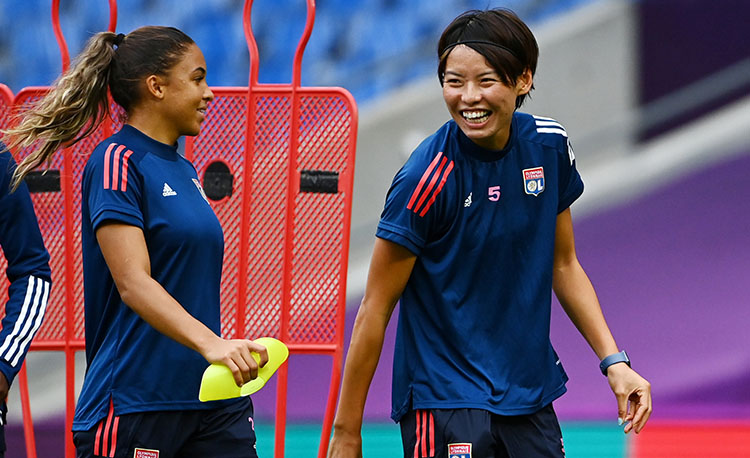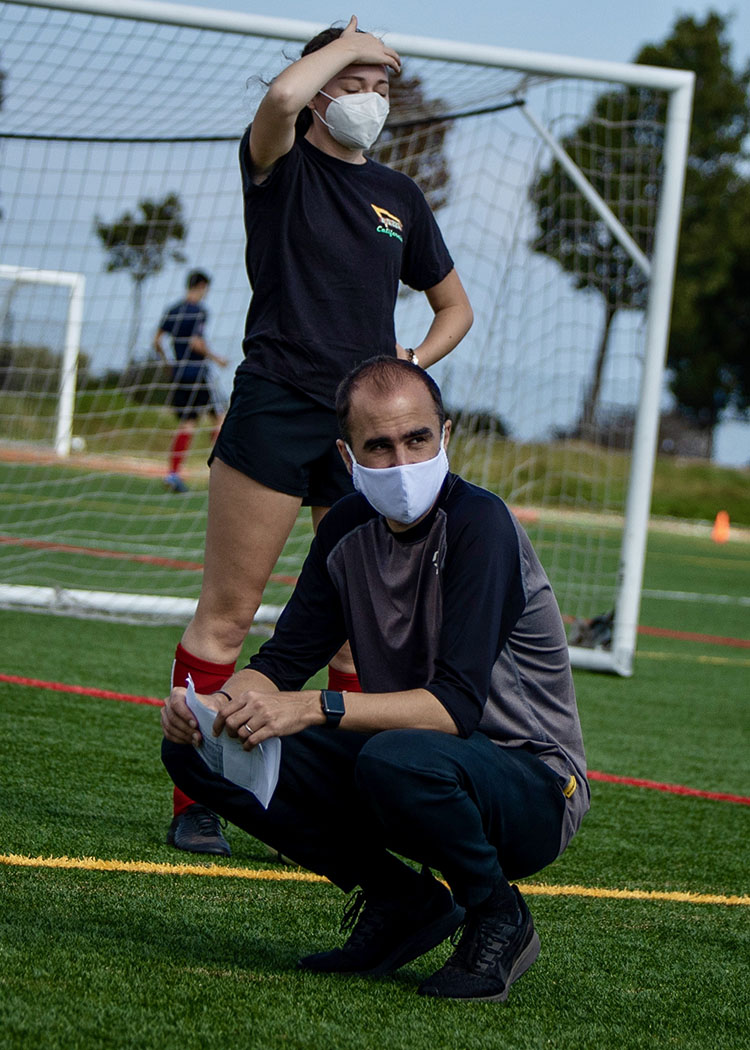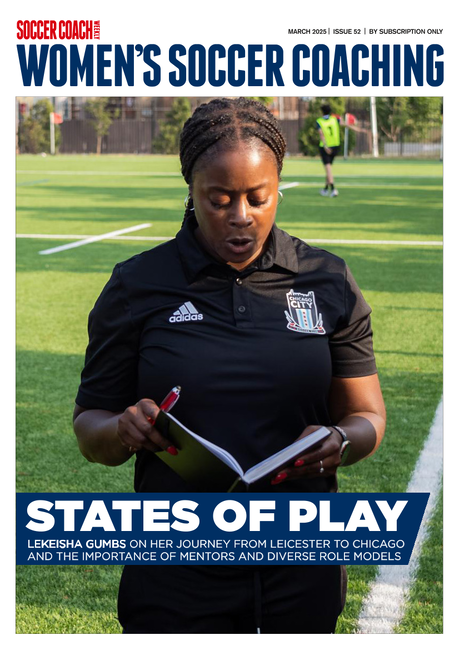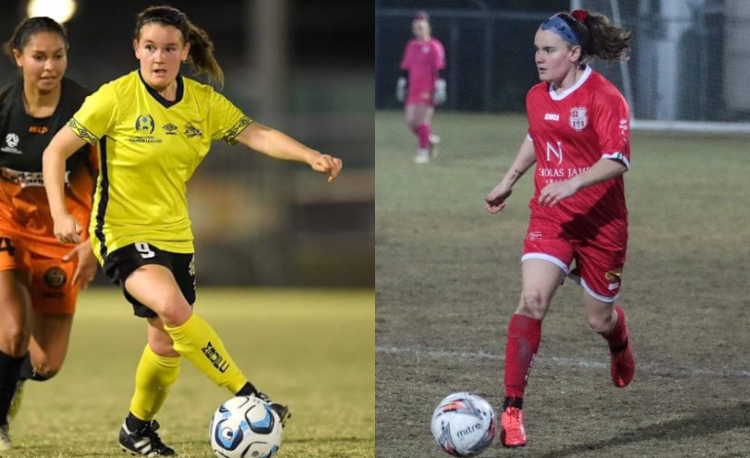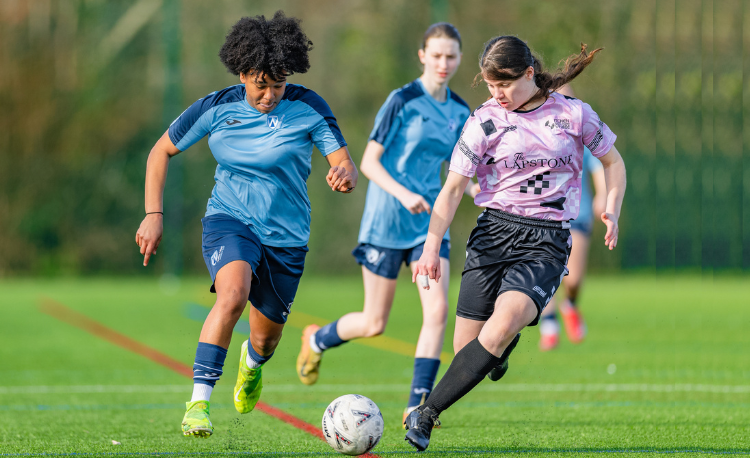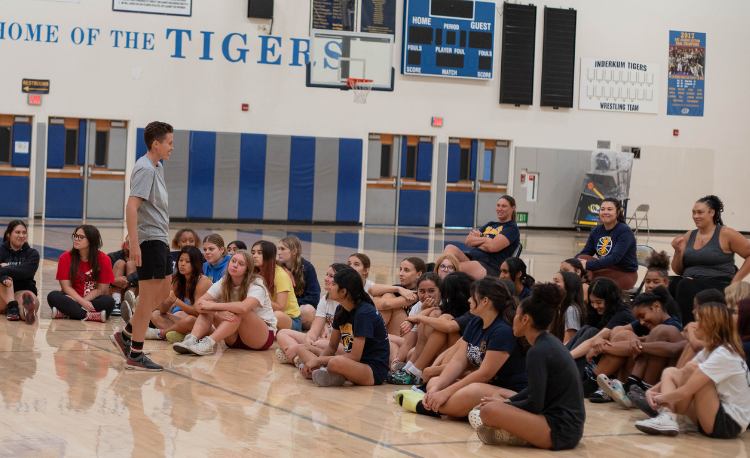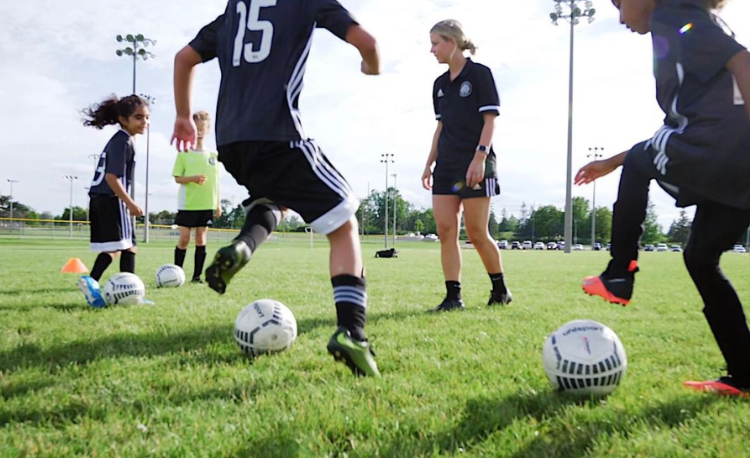You are viewing
1 of your 3 free articles
Coaching, Covid and the ‘emotional tank’
Coaching Adviceby Jeremy Gordon
You don’t know what you’ve got ‘til it’s gone. Jeremy Gordon, coach of an U19s girls’ team, explains how lockdown made him realise what he is missing
Many years ago, I attended a coach training led by a Positive Coaching Alliance (PCA) trainer.
Up to that point, I had had some pretty great coaching mentors - but that training was a real lightbulb moment. Here were all the philosophies, ideals and techniques I had learned from my successful coaching mentors laid out simply and systematically.
From that day forward, PCA has had a huge impact on my coaching, but I’ve also used their tools and philosophies in my everyday life.
One PCA concept that resonated with me in particular is that of an ‘emotional tank’, which, to perform at our best, needs to be full and well managed.
Things like mistakes and corrections from a coach can be real tank-drainers, while things like positive, truthful and specific feedback can be huge tank-fillers.
Immensely useful on the pitch, the emotional-tank concept has also been super impactful for me in my everyday life. It’s helped me realize that many of the things I’m good at - things I enjoy even - can be huge tank-drainers.
For example, in our pre-pandemic lives, going to parties together is something my wife and I really enjoy. But while they fill my wife’s emotional tank, they leave me emotionally drained.
Tank-drainers aren’t inherently bad - which is good, because they are an unavoidable part of sport and life. It’s important to recognize and understand tank-drainers because we don’t perform well on the pitch or in life when our emotional tank is on empty.
“Mistakes can be tank-drainers but positive feedback can be tank-fillers”Enter tank-fillers. Tank-fillers come in all shapes and sizes, from a small, well-timed “atta girl” to pulling off a flawless Maradona spin to beat a defender, to the delight of - and kudos from - teammates.
That’s great for players, of course, but what about coaches? I realized several years ago that the basic act of coaching was an enormous tank-filler for me.
Plenty of times, I’ve felt tired and a bit burned out from work, ready to crash in front of Netflix and veg out. The last thing I feel like doing at that moment is heading out to the pitch for a few hours of coaching.
Funny thing about tank fillers though, they aren’t always rational. No matter how tired or burned out I’m feeling, no matter how late into the evening training runs, I’m practically bouncing up and down by the time it is over.
So, what gives? For me and many other coaches I know, the act of coaching is a massive emotional tank-filler. Even on the nights that I don’t feel like heading out to the pitch, I leave training with a full emotional tank, ready to live my best life the next day.
So when the pandemic hit, and sports at all levels were suspended, I found my emotional tank on perpetual empty.
I had structured my commitments in life around a specific emotional-tank level and attempting to fulfil those commitments on an empty tank was not only hard but really damaging to my mental health.
Specifically, I saw spikes in my own anxiety and depression as well as less resilience to the minor speed bumps and challenges that are everyday life. The simple act of texting back friends became impossible - and to be honest, that ability is just now coming back.
Related Files
WSC-006-coaching-covid-and-the-emotional-tank.pdfPDF, 1.3 MB
It was eye opening to learn how dependent my emotional-tank level, and therefore my ability to perform unrelated tasks in life, had become on coaching.
Around the time that we learned more about COVID-19, and began figuring out how to safely return to sports, I started to hear anecdotes of just how negatively the lack of sports and the connection it brings was impacting the players I coached.
I think it was hard for non-athletes to understand - as people were dying with COVID-19 - why on earth you would risk a return to sport, especially in such a compromised form (masks, no contact, no contests, etc).
The physical health and safety of players, coaches, families and the greater community should clearly be everyone’s top priority. But it was easy to empathize with how much a lack of sport was impacting the mental health and success off the pitch of players - from grades to interactions with family and friends - because I could see first-hand how much it was impacting me.
“I heard just how negatively a lack of sports was impacting players”Connecting with players, creating an environment where they can learn life-lessons through sports and, in particular, watching players improve are huge emotional-tank fillers for me.
So many of the experiences of sports translate directly into important lifelong skills for players: teamwork, resilience, the relationship between hard work and development, having a growth mindset, how to hold teammates accountable, and so on.
Watching players have that ‘a-ha!’ moment and knowing they’ll carry the lessons and experiences from sports throughout their lives is enormously gratifying. It’s like watching them learn to ride a bike: one minute they can’t, and the next minute they can, forever.
There’s no doubt it’s a lot tougher to coach a successful practice with Covid restrictions, but so many of the most gratifying parts of participating in sports are still possible despite the safety protocols of the past year.
Returning to the pitch this past fall, even in an extremely limited form, was magical for the mental health of our players and coaches.
At the end of training, our teams share favourite moments, where players enumerate the best part of that session. Typically, favourite moments are about a cool drill we just ran, about a teammate that made a skills breakthrough or even about something funny that happened out on the pitch.
Now, more often than not, player favourite moments are “I just love being here with y’all” and “our training is the best part of my week”. Whew, is somebody cutting onions in here?!
Sometimes, you don’t realize how important something is to you until it’s gone. I’m super grateful for all the research and effort our local leagues and high schools have put into planning a safe return to sports - limited as they may be - because participating in sports is a huge part of the mental health of players and coaches alike, and impactful way beyond what happens out on the pitch.
Newsletter Sign Up
Newsletter Sign Up
Discover the simple way to become a more effective, more successful soccer coach
In a recent survey 89% of subscribers said Women's Soccer Coaching makes them more confident, 91% said Women's Soccer Coaching makes them a more effective coach and 93% said Women's Soccer Coaching makes them more inspired.
*includes 3 coaching manuals
Get Inspired
All the latest techniques and approaches
Women's Soccer Coaching offers proven and easy to use soccer drills, coaching sessions, practice plans, small-sided games, warm-ups, training tips and advice.
We've been at the cutting edge of soccer coaching since we launched Soccer Coach Weekly in 2007, creating resources for the grassroots youth coach, following best practice from around the world and insights from the professional game.
